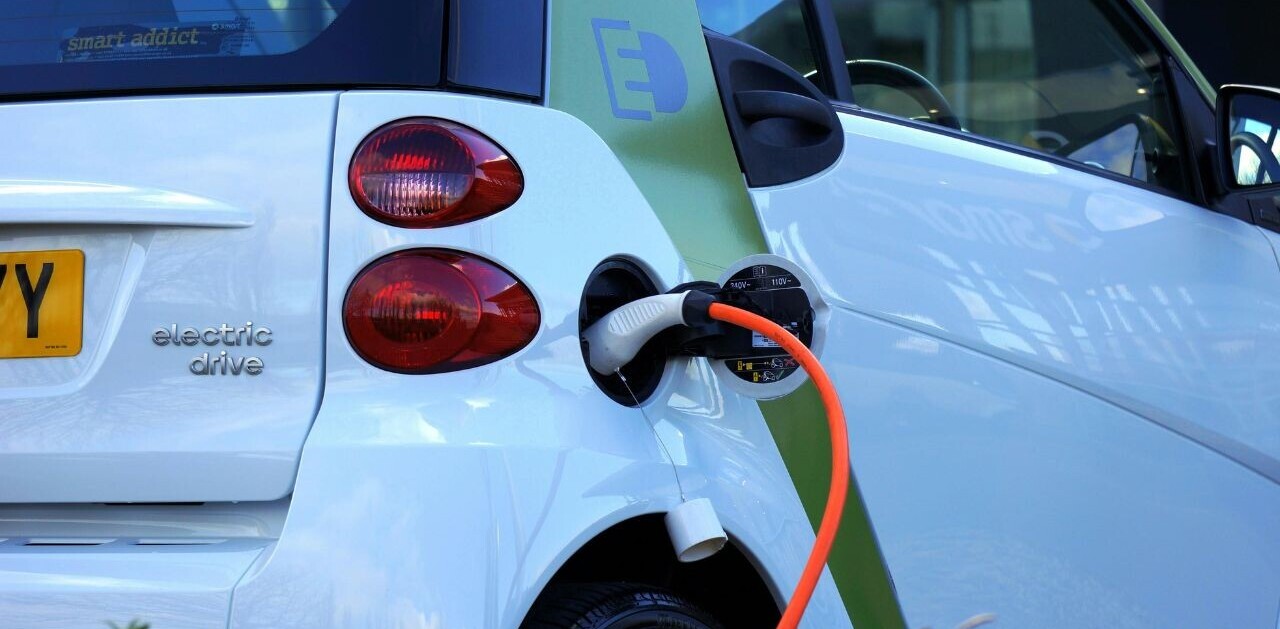
 As readers of LocationMeme can attest, Chad and I are big believers that the element of location, when combined with other types of media, can provide deeper, richer context and meaning than those media formats can by themselves.
As readers of LocationMeme can attest, Chad and I are big believers that the element of location, when combined with other types of media, can provide deeper, richer context and meaning than those media formats can by themselves.
On the user generated publishing side, there are plenty of examples.
Status Updates + Location
There are few simpler forms of user generated publishing than the status update, and as such, services like Twitter and Facebook are among the most frequently used web services on the planet.
Some way or another, these two services will soon offer their users the ability to include their location with their posts.
What will the impact be? Consider the difference between a status of update of: “I’m baking out here!” vs. “I’m baking out here! [at Ipanema Beach]”. Which is more meaningful?
Note: Google Buzz allows this already, but they buried the feature.
Reviews + Location
Consumer reviews of local businesses have already disrupted the $15B yellow pages market. Combining check-ins with reviews starts to address one of consumer reviews’ biggest weaknesses: credibility. For example, by displaying check-in data alongside its reviews, Yelp is using the social check-in as an endorsement of the credibility of its reviews.
(My company RateItAll is also working on some neat things in this area via our project DoubleDutch.)
Photos + Location
Sharing photos is fun and in the aggregate, can make for a good business. But photos + location provide context, and might make for an even better business. Photos can be aggregated by photographer and meta data. Photos plus geo coordinates can be aggregated by photographer, meta data, and venue / location. Big difference.
Services
Location’s impact is not just limited to user generated publishing. There is also plenty of potential when a user’s location is delivered to third parties, who can then return relevant information.
Search + Location
A search on Google for the keyword “pizza” returns almost meaningless results. But as of a few days ago, you are able to filter your search results by “results nearby.” This is a big deal, and a no brainer at the same time. Why should Google force the user to type in “pizza san francisco” when they already know the user’s location?
Advertising + Location
Companies like Yipit, BrightKite, and Mobile Spinach are working hard to accumulate advertisers and deals tied to specific geo locations.
Deal of the day services like Groupon, Townhog, and Living Social are already doing well – we expect them to do better when they start delivering their deals to users based on their location, and not just through a blunt email blast.
Oh yeah, Google just won a patent around Location based advertising, and owns AdMob. Apple is trying to keep their app developers away from mobile advertising, and owns Quattro Wireless.
Location based advertising is red hot.
Tips / Travel Guides + Location
Foursquare, Gowalla, and Yelp are all headed in this direction, and if the travel oriented sites are paying attention, they should be too. Who is more in need of information tied to location than a tourist wandering around a strange city? Even better that these tourists have money to spend.
News + Location
Hyperlocal news services like Outside.in, Patch (AOL), and USLNN are accumulating news content around zip codes, and even blocks, which can be delivered to those nearby.
Games + Location
Companies like SplitP and MyTown are trying to create gaming experiences around your real world location.
We are just scratching the service as to the value and businesses that are possible when mixing location to existing media types. Buckle up as it should be an interesting ride.
Related articles by Zemanta
- Google Patents Location-Based Advertising (readwriteweb.com)
- Brightkite: 2 Million Users And A Lot Of Local Promo Interest (techcrunch.com)
Get the TNW newsletter
Get the most important tech news in your inbox each week.

![Reblog this post [with Zemanta]](https://img.zemanta.com/reblog_e.png?x-id=5e6c614b-5f31-4af7-b88f-be5569788d63)




